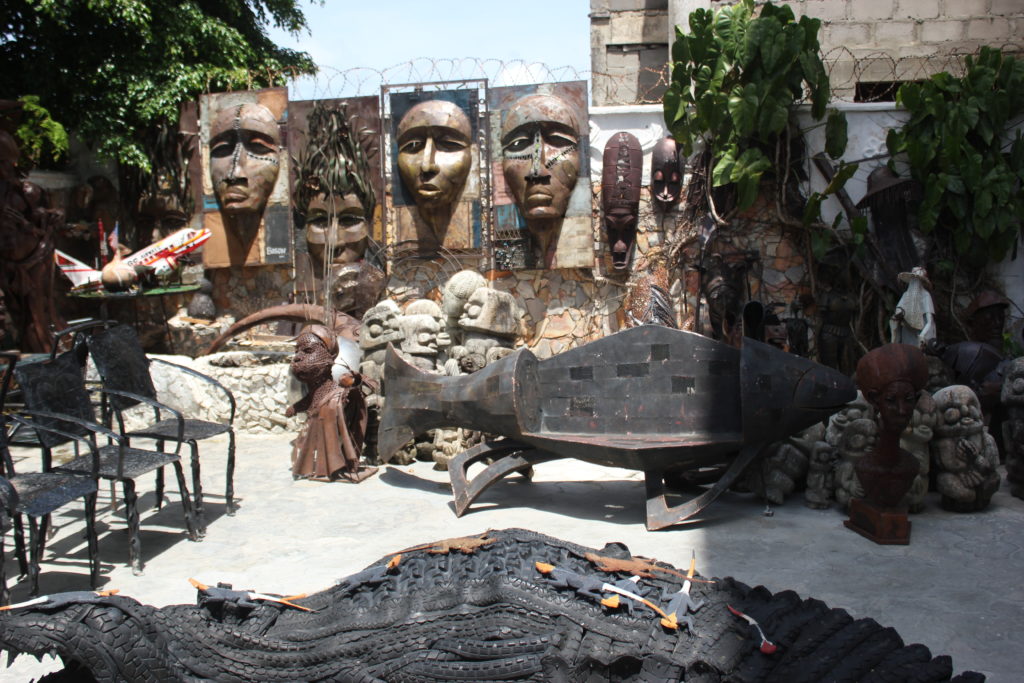By Minenhle Zikhali and Noluthando Asanda Dlamini
Africa Day came into existence 61 years ago. It was on 25 May 1963 that the Organisation for African Unity (OAU) was created. It was in Durban in South Africa in 2002 that this organisation was transformed into the African Union (AU).
Without trade and fostering African growth, this body would be useless and celebrations of Africa Day would be superficial. That’s why 49 African Union heads of state signed the African Free Trade Agreement in Kigali in Rwanda in 2018. Writing for the Policy Centre for the New South, Larabi Jaïdi, Bruce Byiers and Saloi El Yamani believe that, “Meaningful trade under the AfCFTA is still to begin. For this to happen, there must be ‘policy demand’ from the private sector to use the agreement’s range of protocols in shaping their investment and trade decisions and relations.”
Across Africa, celebrations of the day have largely focused on cultural events, music festivals and African fashion prints. The Kwazulu-Natal MEC of Sports, Arts and Culture Ntuthuko Mahlaba believes that there’s a lot of significance in cultural expression on the day. “Moreover, this celebration showcases the rich culture and arts of various African countries. Our cultural parade today is a testament to the vibrant and diverse heritage that unites us,” he says.
In 2024 in South Africa – it would feel like the day is largely forgotten. The weekend is about political rallies as the country is planning to go to the polls in a few days. Political analyst Thabani Zikalala believes that the government and the African Union should be the ones to play a huge role in ensuring that the significance of the day is instilled in people.
“Civil society organisations can play a big role in terms of the promotion of Africa Day and making sure that there is awareness and it is important. But an even bigger role can be played by African governments and the African Union itself, in terms of making sure that the significance of this day is celebrated. Fundamentally we must understand that this day is a political day, in its essences, it’s politics. It is the politics of power, the politics of being able to names things and to be able to give meaning to things and to give structure to things. Therefore, it can only really be given its significance by the state, it is not a civil society work, as much as they can play a role, it is an issue of politics,” Zikalala explains.
When we asked people in Durban about the day, many shared their belief that it should be mostly about social cohesion.
“I think it is one of the most important days where we should unite as Africans and be one with our brothers and sisters where we could have small sessions together and celebrate the day and eat different food from different cultures,” said Durbanite Zukile Schmidt.
In countries like Zimbabwe, Africa Day is a public holiday. “You get to see how other cultures and people perceive the world, you get to experience their roots because at the end of the day you see that all of us as Africans have the same mind-set. In every culture you have that saying which says, Umuntu Ngumuntu Ngabantu, which shows that we came from the same people as Africans,” said Zimbabwean, Munopaishe Sibanda.


